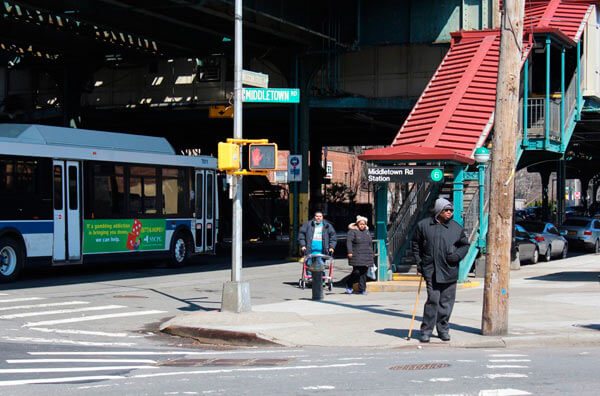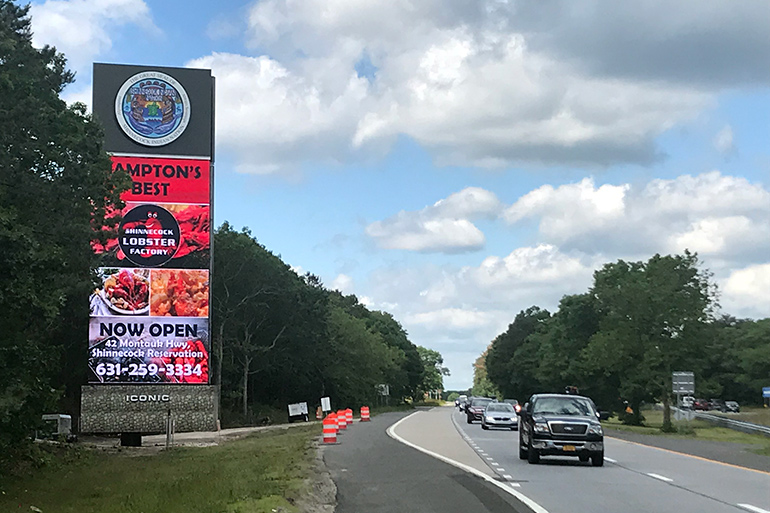The immigration service in Barbados has again found itself in the Caribbean spotlight following recent allegations by two Jamaicans and a Guyanese of mistreatment after arriving at Grantley Adams International Airport.
The accusations of inhumane and degrading treatment are similar to those leveled in 2011 by another Jamaican, Shanique Myrie, who two years later won a landmark court ruling that set a legal precedent and caused 14 of the 15 CARICOM member states to brush up on their immigration practices.
Claiming that they suspect that Myrie was seeking to enter the island for illicit purposes, Barbados immigration officials not only denied her entry but, the Caribbean Court of Justice believed her report of being made to endure dehumanizing body cavity searches, along with insults and rough treatment before being sent back to Jamaica.
The CCJ’s subsequent ruling that in accordance with prior CARICOM agreements, each Caribbean citizen is entitled to an automatic entry into, and stay of six months, in any of the 14 signatory states unless there is evidence that the person poses a risk, is a known criminal, or cannot support his or herself with no proof of financial upkeep by a resident.
But in the past two weeks three female visitors to Barbados have been reported in the Barbados, Jamaica, and Guyana media with claims of mistreatment at Grantley Adams Airport.
The most recent allegation came Wednesday, Sept. 07, from a pregnant Guyanese woman, Annecia Alfred, who claimed that she was made to sit on a hard bench for some 12 hours with only a sandwich to eat while awaiting a flight back to Guyana after immigration officers said she was seeking work on the island without a permit.
“I explained that I never worked a day in my life, and asked why would I leave Guyana to come and work here with a big belly,” Alfred said she told the Immigration officers.
She returned home that night and by the next morning her legs were still swollen from having to sit hours in one position..
It turns out that about the same time Alfred was sitting at the airport, the Jamaican High Commissioner to Trinidad and Tobago, David Prendergast, who holds responsibility for Barbados was in Barbados telling his country people of their rights if detained by immigration.
He also announced the appointment of an honourary consul, Ella Hoyos, to be the front person handling complaints of immigration hassles.
“We thought it was important to again have an honourary consul appointed in Barbados … because we’ve had some cases recently. The case of Miss Marsha Cooke …. it’s a case that we followed closely,” he said.
That case of Marsha Cooke, a Jamaican, popped in the Barbados media on Sept. 04, after charges against her for assaulting police officers at the airport were dismissed.
Cooke, who arrived in Barbados on June 28 for a vacation, claimed that she was strip-searched after being accused of bringing drugs into Barbados, then carted off to jail to await trial on charges of assault.
She spent a total of 16 days in jail, won a dismissal of charges on Sept. 01, and left the island two days later.
Emphasizing the importance of Jamaicans being allowed to call someone when in distress with Barbados’ immigration, Prendergast said, “Sometimes we hear about issues afterwards, like Ms. Cooke, we heard about her situation after she had gone to Dodd’s (the Barbados prison).”
He said, “A lot of people don’t know their rights. It’s a challenge we’ve had. Under the Vienna Convention on Consular Relations, you are entitled to a call. Some immigration officers don’t seem to realise that, but it’s there, and all of our countries have signed onto the Vienna Convention.”
“We have another case that we’re dealing with, of a Jamaican woman with her baby, Ms (Sonya) King,” Prendergast added.
“We’ve requested an investigation into what happened at the airport. She had a 14-month-old son, she was coming from Trinidad. We’re awaiting a response.”
King had arrived on Aug. 27, was denied entry, and like the Guyanese, was made to sit for hours, with the baby.
According to King, when she complained of being hungry, officers pointed her to the vending machine, because the food court was closed.
Her baby also had to endure hours in wet pampers.
In its only response to these allegations so far, the Barbados government has denied any wrongdoing in Sonya King’s case.




















